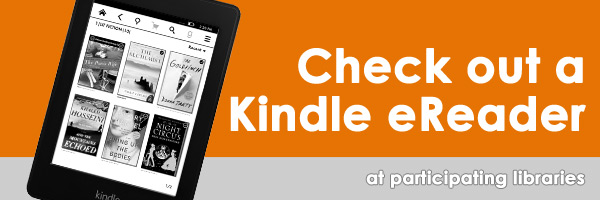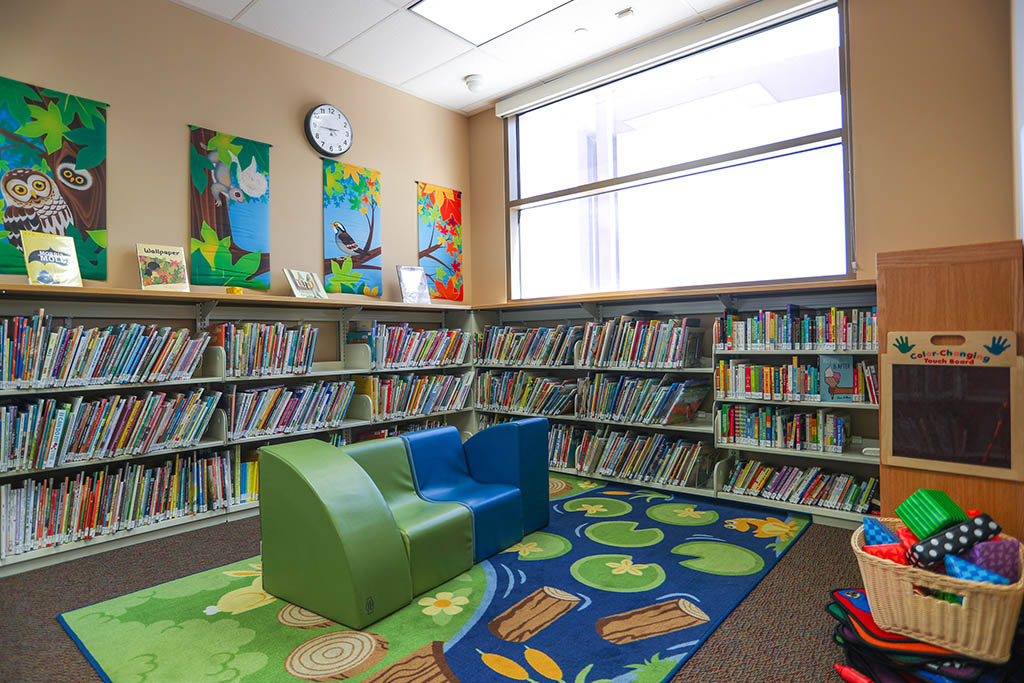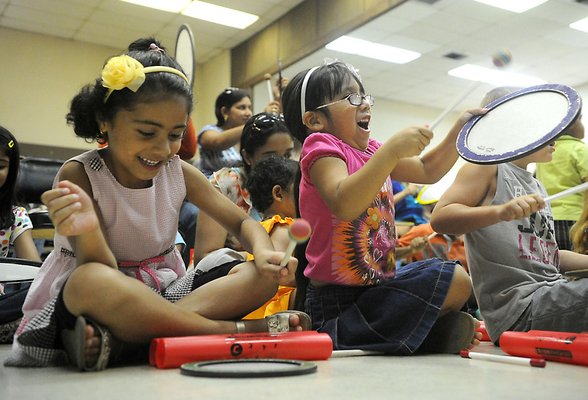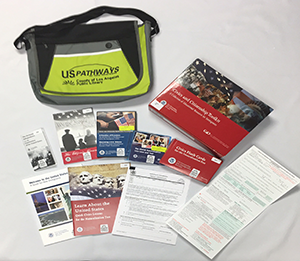Desert Sea
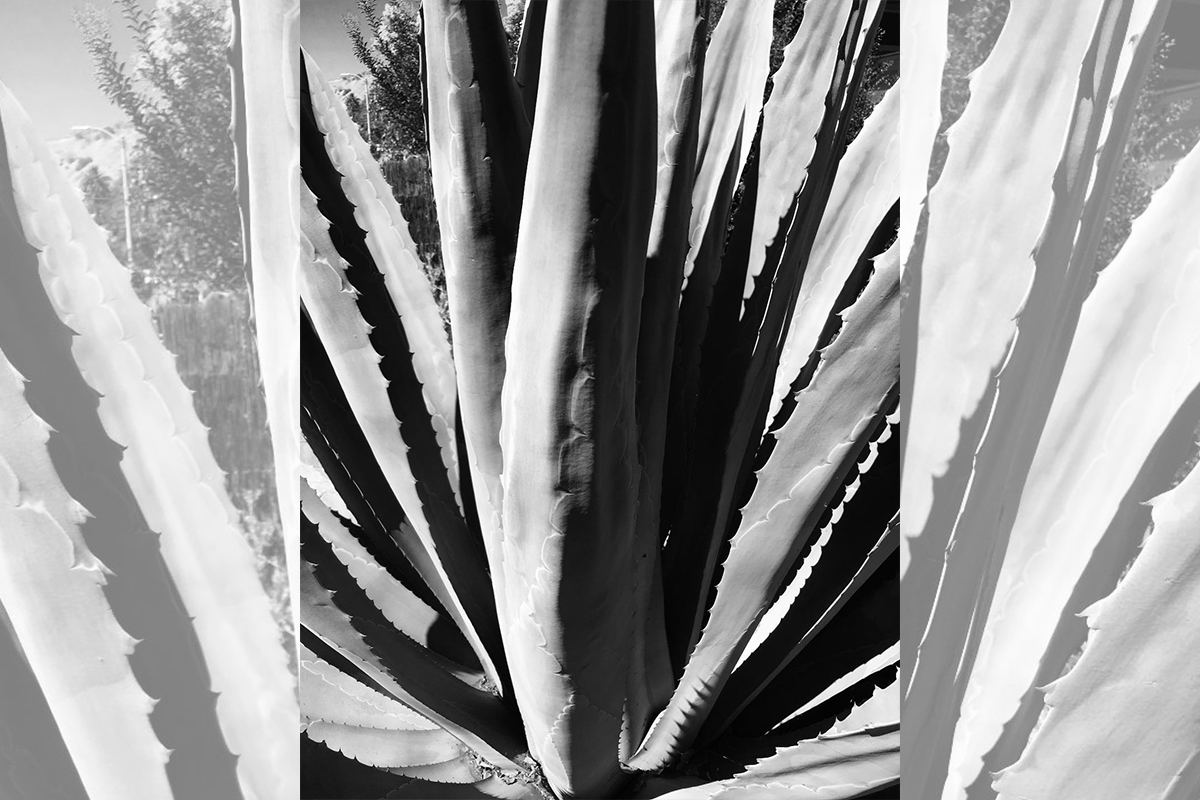
It was the summer of 1963 and Mexicali was hot as hell. Back then, the streets were dirt roads; only main boulevards were paved. It was a hot, dusty hole of a city, but Dad had learned of the border town’s promise and had moved our family there from Guaymas, Sonora, when I was 4.
Dad never finished grade school. He started working after his father died to help support his mother and siblings. He shined shoes, had a newspaper route and later worked at a candy factory. As an adult he landed a job with a Mexican petroleum company. This would be his ticket to a better life. In Mexicali, he started his own business repairing gasoline pumps. He made frequent trips to Los Angeles to buy parts to resell in Mexicali. Eventually, he worked his way into real estate and bought the land where his shop sat. He became a businessman with an office and secretary, a younger Chinese-Mexican woman he would eventually leave my mother for.
My father left when I was 11 and by summer of 1963, his new family had grown to two girls and a boy in addition to us: Eva, 6; Raul, 9; David, 11; Sam, 15; and me, 16. He visited us weekly to drop money for groceries. But our relationship was strained by my parents’ divorce. I had a strong mind and a rebellious heart, and I resisted his authority. His new family seemed rich compared to how we lived. We resented him for that and much else. In hindsight, though the allowance he provided was modest, at least he didn’t completely abandon us. He could have disappeared, though I could not see that then.
So it was us: mom, the kids and me. As the oldest, I was in charge of the litter and had been for a long time. As far back as I can remember Mom suffered from migraines and often withdrew, spending entire afternoons and evenings lying alone in the dark. She had these episodes a few times a month, for two to three days at a time. I always thought then that mom was devastated by the loss of her husband. But I eventually came to wonder if perhaps her somber moods were part of the reason he left.
I started cooking when I was five. Often, Mom would be in her room while my brothers and I wreaked havoc in the living room, playing around.
“I’m hungry,” they’d start.
So into the kitchen I’d go, climb a chair and make them something to eat. I received frequent criticism from my brothers on my cooking and oddly shaped tortillas.
“They’re too thick.”
“These beans are dry.”
That’s how I learned to cook. Some nights as I prepared for bed I’d hear Raul sobbing. I would find him in his room, books spread out on the bed. He’d confess he had not done his homework—this he worried about at 11 p.m. Still, I always had patience for him and helped him get it done.
I had a boyfriend that summer, Jose, a friend from school. He was a few years older than I; he’d already graduated from the business prep school Dad made me attend. Dad would not allow me to go to a normal high school. He wanted me to study accounting and help him with the business, another point of contention between us. Dad would not have approved of Jose or anyone else for that matter, but he was not involved enough in my personal life to accidentally find out. Secretly, I felt empowered at 16 to take control of a part of my life, to live in one small space for myself. Jose was more than a boyfriend; he was freedom. Mom knew and supported me. On paper he looked great. He was handsome, worked at a bank, dressed well and had a nice car. He offered to take all of us out of the inferno to San Felipe for a weekend, along the coast of the Sea of Cortez. It was a bumpy ride along a narrow road but worth escaping the scalding desert heat. We arrived on a Friday night and slept on the beach. We had no tents, just sleeping bags on the sand, underneath the stars, lulled to sleep by the sweet music of the waves rolling in and out.
The next morning the sun glowed over us. The breeze was cool and I felt a great sense of relief. Mom and Eva and I cooked breakfast as Jose and my brothers dispersed. The teenagers, Sam and Jose, walked in one direction while the kids, Raul and David, scampered behind. They frolicked toward the beach, chasing one another about, buckets in hand. Because the tide was low, it was a great time to explore rocks and tide pools and hunt for baby octopuses. These we would season with lemon and chiles and grill to a crisp over an open fire.
As the morning progressed, the beach grew noisy with families. At some point that morning, news reached the camps of someone drowning. It didn’t strike us at the time that we should worry. We assumed the boys were together, watching over one another. But as the nervous chatter spread, we walked to the beach to see what was happening and found Sam and Jose. They were not with the boys. Panic set in. My eyes scanned the camp and the beach in search of my little brothers. They were nowhere around. A few hours passed and my brothers still had not appeared. By this time a search party had formed. Locals and visitors alike had heard the news and calls for help, “auxilio!” Finally, around 11a.m. a young couple out walking found David bobbing up and down in the water. They pulled him out, exhausted and nearly unconscious. Yet still, no news of Raul. We sat paralyzed, saying nothing, doing nothing, lost in time for hours. The carne asada we were preparing for lunch was left untouched and spoiled. We were numbed with fright.
Raul’s body was found by a group of men in the search party at 4 that afternoon. They loaded him into their fishing boat and returned him to land, where paramedics waited, his little body limp and lifeless. The boys had strayed from the tide pools, going farther out onto the endless shore. At low tide, the water can recede as much as 2 kilometers. As the tide swiftly returned, it caught them off guard and swept them in. Neither of them knew how to swim.
He was taken to the coroner’s office for examination. When that was done, his body, wrapped in a blanket, was carried to Jose’s Cadillac and gently loaded into the back seat. Sam, Mom and Eva traveled home by bus. Jose drove the rest of us back that evening. I rode up front with Jose, David in the back passenger seat, next to Raul.
Dad was waiting when we arrived and had already learned the news. He was furious. He unleashed his wrath on Mom and me, blaming us for Raul’s death, crying that it was my fault for taking us there. I cried and cried.
The day of the funeral I ironed Raul’s little suit, his Sunday best, remembering him with every stroke. The truth was I blamed myself too. I should have gone with them, watched over them. I would blame myself for a long time. Reason may try say it’s not your fault, and you may learn to deal with your grief and accept that you are not the cause but the pain and the memories never fade.
The funeral was held at Dad’s church. Though Dad was raised Christian, he never practiced or worshipped during my childhood; we were raised Catholic. However, now in this new life in which he reinvented himself, he had changed his ways and become a model Cristiano. My siblings went to his Christian church with him and the other family, half-brothers and half-sisters, on Sundays. But I refused to participate. I was bitter about his infidelity and that the fact that he left us. To me this was not an example of a good Christian and I found it all hypocritical. I could not appreciate that he was trying to be a better person. I only saw that his new family ate better, dressed better, had a nicer house and had a full-time father.
After the funeral, life resumed much like it had before. We went back to our lives. Dad went back to his bilateral family routine. It would be many years, until we were grown up, before we’d talk about that day again. My brother Sam named his second son Raul. Our kids would ask about his namesake. What was he like? How did he die? We always explained and shared funny stories about Raul. But we never spoke in detail about that day or the grief we lived.
Years later during a family reunion, when my father was in his twilight years, I found myself sitting alone with him on a park bench. He had summoned all seven of his children for a carne asada. It was an awkward gathering. We knew he sought to unite his children before he was gone, a comfort we indulged him in, though there would never be the kind of union he yearned for.
As we sat in the park in silence watching his grandchildren play, he suddenly turned to me and spoke of the mistakes he had made with us, with me. He told me he loved me and asked me for forgiveness.
“Abuelo!”
My five-year-old niece ran over and handed him a small bunch of white daisies she had picked from the lawn. She laughed and returned to play.
The afternoon sun streaked the sky with ribbons of pink and orange. I reached over and held his hand in both of mine.
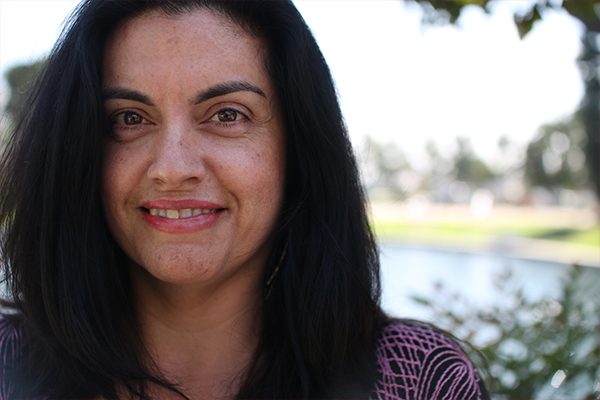
October 30, 2017


